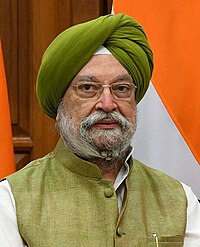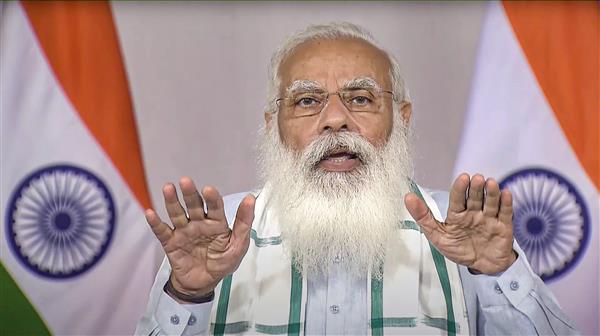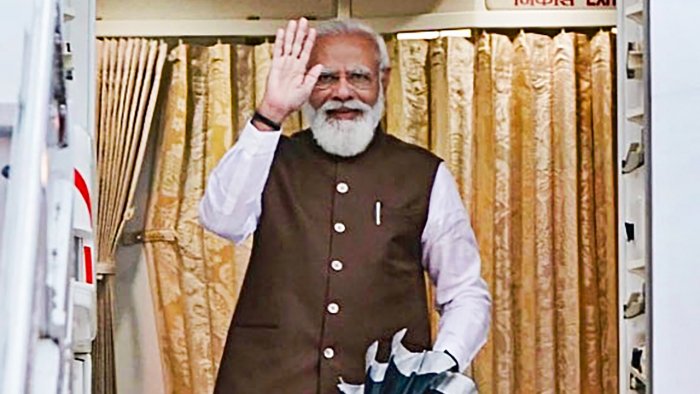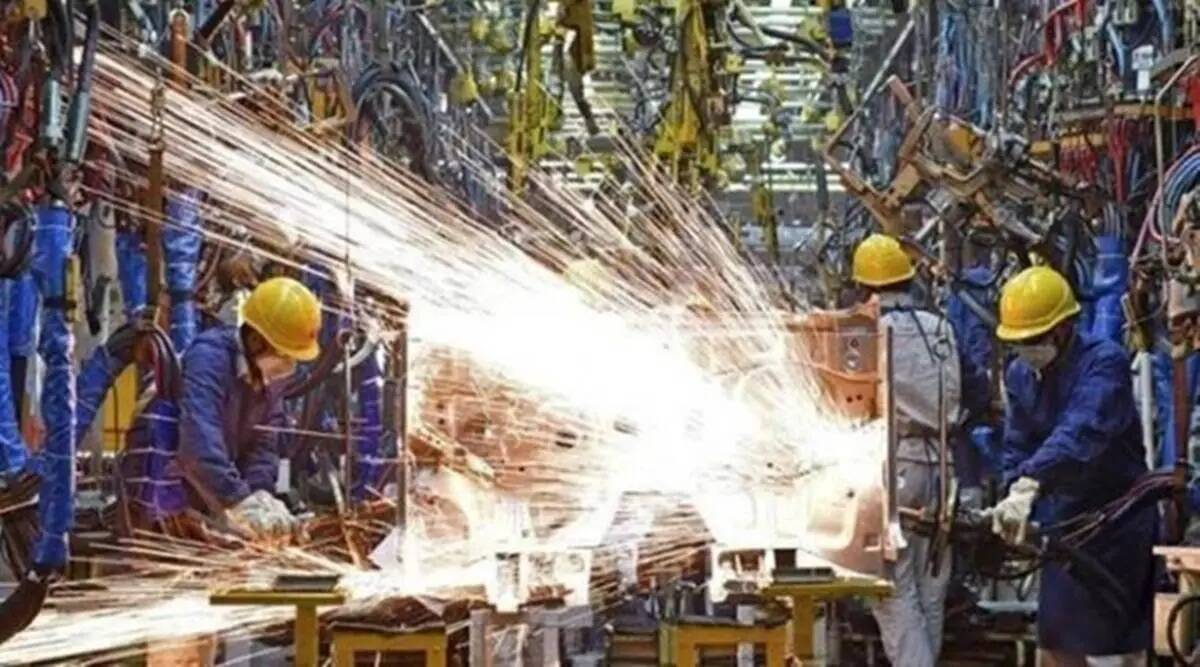
01/21/2025
New Delhi, Jan. 21: With US President Donald Trump declaring that American oil and gas production and energy exports will see a boost, there is a “potent possibility” of more US oil and gas coming to India, Indian Petroleum Minister Hardeep Singh Puri said Tuesday. The minister also said that India—counted among the top consumers and importers of crude—would welcome more oil coming to the international market.
In his first address after being sworn in on Monday, Trump said that his administration will push for more oil and gas production as well as consumption in the US. Trump, who said that he will declare a “national energy emergency” to boost US oil and gas production and bring prices down, also announced that the US will increase its energy exports.
“If you were to ask me whether more American energy is going to come onto the market, my answer is yes. If you say there is a potent possibility of more purchase of energy between India and the US, the answer is yes,” Puri said in an interaction with reporters on the sidelines of an industry event. The minister added that India has been in the market for oil and is willing to buy from “whoever can supply”.
The US is already India’s fifth-largest source market for crude oil, with American oil accounting for over 4 per cent of India’s total oil imports in 2024, per tanker data. India also buys natural gas from projects in the US.
In a note in November, S&P Global Commodity Insights (SPGCI) said that it expected Asian oil buyers—including India—to witness significantly more opportunities to import “attractively priced crude from the US” as its competition with the OPEC (Organization of the Petroleum Exporting Countries) suppliers intensifies.
Trump’s push to significantly increase US oil production and even exports, for which he employed the slogan “Drill, baby, drill”, could add to the global oil supply and even push major oil producers to compete for market share by increasing their own oil production and exports, according to some analysts.
For India, which is the world’s third-largest consumer of crude oil and depends on imports to meet over 85 per cent of its requirement of the commodity, higher oil availability and any consequent downward pressure on international oil prices would be favourable. Heavy reliance on imported crude oil makes the Indian economy vulnerable to global oil price volatility, apart from having a bearing on the country’s trade deficit, foreign exchange reserves, rupee’s exchange rate, and inflation.
While Puri did not directly comment on whether he expects oil prices to fall going forward, he reiterated his earlier comments that he sees prices reacting to greater availability of oil. Usually, higher availability leads to lower prices.
“It is clear, as I have shared with you many times, that more and more energy is coming on the market. I think that’s a given. I have said all along that if you look at what’s happening in the global energy scene, there is no shortage of oil… I have been on record many times that I see oil prices reacting to that availability,” Puri said.
While it may be too early to say how Trump’s second term as president will turn out to be for global oil markets, industry watchers expect the Trump administration’s economic and energy policies to put limited downward pressure on oil prices. If strictly implemented, his plans to impose high tariffs on imports–particularly on those from China–could negatively impact global oil demand as China is the world’s top oil importer.
Moreover, Trump’s push to significantly increase US oil production and exports could add to the global oil supply and even push major oil producers to compete for market share, which again could put downward pressure on prices.
Growing US crude production has posed a significant challenge for OPEC+ (OPEC and its other partner countries) in recent years, exerting downward pressure on prices, threatening the bloc’s market share and prompting massive output cuts. Analysts say increased US production, as well as output increases in other non-OPEC+ countries, such as Brazil, Guyana and Canada, have nearly nullified the impact of OPEC+ production cuts in 2024.
Realistically though, the incoming dispensation in Washington is likely to push for a largely balanced global oil market to keep oil prices in check while avoiding a steep decline or crash, as that would make production unviable for American oil producers as well. And although Trump has promised that he will drastically cut energy bills in the US, the White House on its own has limited instruments to meaningfully sway oil prices.-Agencies






